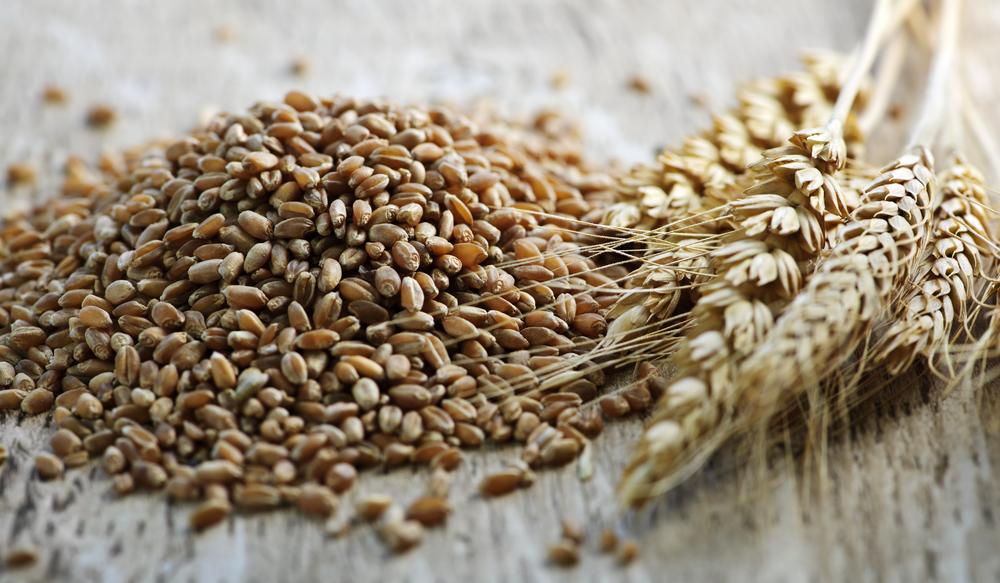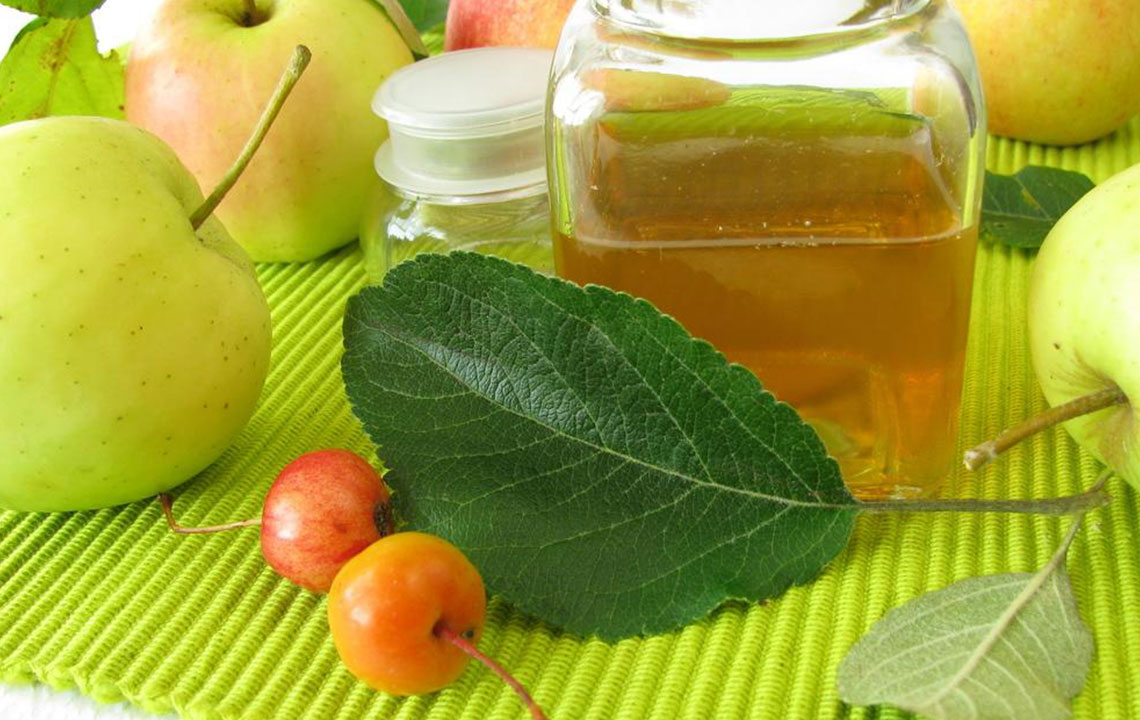The Extensive Benefits of Incorporating a Fiber-Rich Diet into Your Lifestyle
Embracing a high-fiber diet offers numerous health benefits, including weight management, reduced risk of chronic diseases, improved digestion, and increased longevity. Incorporate a variety of vegetables, fruits, whole grains, and legumes into your meals to achieve optimal health. Adequate hydration enhances fiber effectiveness, supporting overall wellness and disease prevention. This comprehensive guide highlights why fiber is essential and how to integrate it into your daily routine for lasting health improvements.

The Extensive Benefits of Incorporating a Fiber-Rich Diet into Your Lifestyle
A well-balanced, health-oriented diet plays a pivotal role in maintaining overall well-being, and one of its most vital components is dietary fiber. Found extensively in vegetables, fruits, whole grains, and legumes, fiber is a non-digestible carbohydrate that offers a multitude of health advantages despite not being fully broken down by human digestive enzymes. Emphasizing a fiber-rich dietary pattern can significantly improve various aspects of health, from weight control to disease prevention. This comprehensive guide explores the importance of dietary fiber, the best sources to include in your meals, and the numerous health benefits associated with high fiber intake.
Your daily diet should prioritize a variety of fiber-containing foods, such as:
Colorful vegetables including spinach, kale, zucchini, tomatoes, carrots, and cucumbers, which provide essential vitamins, minerals, and antioxidants alongside fiber.
Fresh fruits like apples, pears, bananas, mangoes, oranges, and berries, which are not only rich in fiber but also packed with vital nutrients that support overall health.
Legumes such as beans, peas, chickpeas, and lentils, which are excellent sources of both soluble and insoluble fiber, contributing to blood sugar regulation and digestive health.
Whole grains including wheat, oats, corn, rye, and barley, which are foundational elements of a high-fiber diet and supply sustained energy along with fiber.
Nut and seed options like pumpkin seeds, sunflower seeds, walnuts, and almonds, offering healthy fats, protein, and fiber to enhance dietary diversity.
Why a High-Fiber Diet Is Essential for Good Health
Incorporating adequate fiber into your daily routine yields a spectrum of health benefits that can improve both quality of life and longevity. Below are some of the most compelling reasons to prioritize fiber in your diet:
Effective Weight Management
Consuming at least 30 grams of dietary fiber per day supports weight loss efforts by promoting feelings of fullness, reducing hunger pangs, and decreasing overall calorie intake. Unlike restrictive diets that eliminate entire food groups, fiber-rich diets naturally help control appetite and calorie consumption, making weight management more sustainable and less stressful.
Reduced Risk of Type 2 Diabetes
Regular intake of 19 grams of fiber daily has been associated with an approximately 18% reduction in the risk of developing type 2 diabetes. Fiber slows the absorption of sugars and improves insulin sensitivity, thereby stabilizing blood glucose levels and reducing the likelihood of insulin resistance.
Lower Incidence of Cancers
Dietary fiber plays a protective role against certain cancers, notably breast and colorectal cancers. Evidence suggests that consuming at least 10 grams of fiber daily can lower breast cancer risk by about 5%, while colorectal cancer risk drops by around 10%. Fiber’s role in promoting healthy digestion and eliminating carcinogenic substances from the body is central to these protective effects.
Maintaining a Healthy Body Weight
High-fiber diets aid in weight preservation after initial weight loss efforts. They help prevent weight regain by promoting satiety and reducing calorie absorption, supporting long-term weight management goals.
Protective Effects on Heart Health
Eating at least 7 grams of fiber daily can lead to a 9% reduction in heart disease risk. Soluble fiber, in particular, helps lower bad cholesterol (LDL) levels, reduces arterial inflammation, and prevents the buildup of plaque within arteries, thereby safeguarding cardiovascular health.
Longevity and Reduced Mortality
Research indicates that individuals adhering to high-fiber diets experience a 17% decrease in overall mortality risk, underscoring the importance of fiber for a longer, healthier life. The benefits extend across many health domains, including metabolic, cardiovascular, and digestive health.
Natural Detoxification and Wellness
High-fiber foods facilitate the body's natural detoxification processes by aiding in the removal of toxins and waste products, especially when complemented with adequate water intake. This detoxification is crucial for maintaining internal balance and preventing chronic illnesses.
Supporting Bone Health
Dietary fiber can enhance mineral absorption, particularly calcium, contributing to stronger bones and a reduced risk of osteoporosis. Nutrients like calcium play a vital role in maintaining skeletal strength, especially with advancing age.
Blood Sugar Regulation
Soluble fiber is particularly effective at slowing the digestion and absorption of sugars, which helps regulate post-meal blood sugar spikes. This benefit is especially crucial for people with prediabetes or insulin resistance.
Digestive Comfort and Bowel Health
Fiber's capacity to soften stool, increase stool volume, and facilitate regular bowel movements makes it an essential part of preventing constipation and promoting gastrointestinal comfort. A healthy gut contributes to overall immune function and nutrient absorption.
In conclusion, adopting a high-fiber diet is a powerful step toward improving your health and preventing chronic diseases. Remember that hydration is equally vital, as water helps fiber do its job effectively. Combining adequate fiber intake with proper hydration and balanced nutrition can pave the way for a healthier, more vibrant life.





